About Marsh Foundation
The Marsh Foundation is a residential treatment facility and alternative school for young adults in Van Wert, Ohio. This facility is in a small town, just outside the community of Van Wert. The facility is on a large property with lush greenery that supports the opportunity for recreational activities and personal development.
The Marsh Foundation provides youth and adolescents from 6-17 with alternative education opportunities. These kids often come from traumatic homes, have experienced intellectual challenges and co-occurring mental health disorders. They don’t accept clients who have substance use disorders, but they can refer clients to other centers for specialized care before coming back to Marsh.
Alternative Education for Youth and Teens (6-17)
The Marsh Foundation offers care for troubled youth with group homes or independent living programs, depending on the individual’s needs and age. Boys and girls are both accepted into the Marsh Program.
This alternative schooling has a campus with recreational areas, spacious grounds, classrooms, residential living spaces, a library, and more. I’ve read parent testimonials where they say this facility is a safe and supportive environment that has helped change their children’s behavior and emotional well-being.
Dedicated and Caring Staff Who are Well-Trained Professionals
I’ve read featured statements from staff who are dedicated to empowering youth, while using trauma-informed approaches to help the children overcome issues. Indeed, each dedicated staff member has years of educational and therapeutic backgrounds. These caring staff members are trained professionals with years of experience working with kids.
The overall foundation emphasizes trauma-informed care and individualized treatment planning, which the well-trained professionals can attest to. They focus on positive relationships with the youth and adolescents, creating a long-term success plan that includes social, emotional, and overall well-being.
Their equine program in particular assists youngsters in gaining experience caring and working with horses. Children can learn empathy and build up life skills and emotional intelligence that can be tapped when they face stress. That way, they have more confidence in handling life frustrations instead of turning toward substances or other forms of self-harm.
Latest Reviews
Rehab Score
Gallery
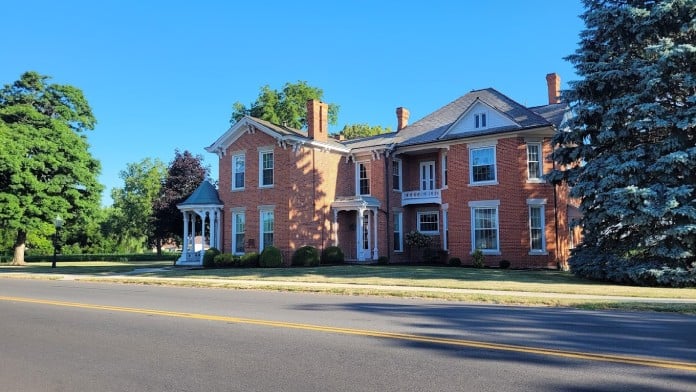
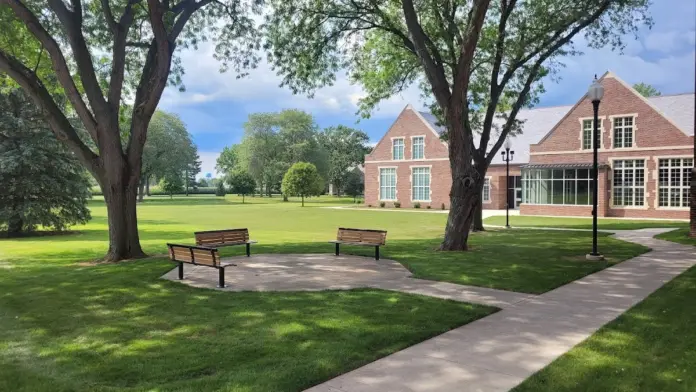
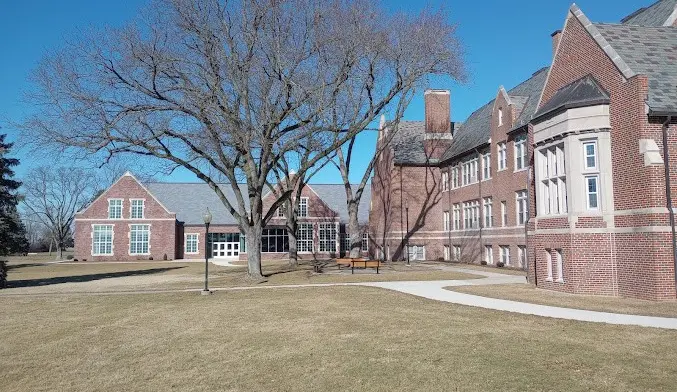
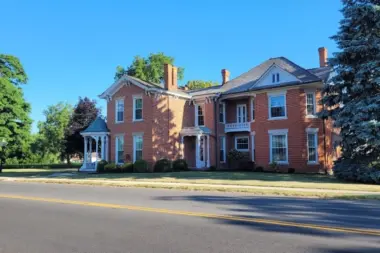
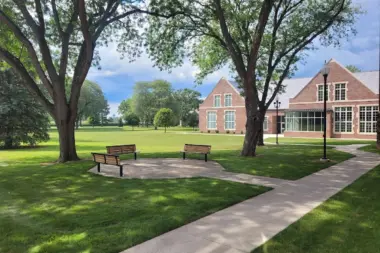
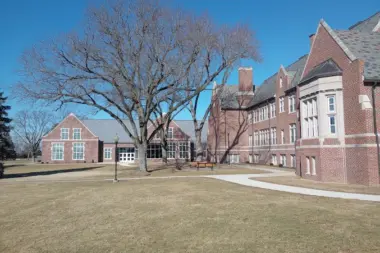
Accepted Insurance
Other Forms of Payment
Medicaid is a state based program that helps lower-income individuals and families pay for healthcare. Medicaid covers addiction treatment so those enrolled can use their coverage to pay for rehab. When a program accepts Medicaid the client often pays very little or nothing out of their own pocket.
Private insurance refers to any kind of healthcare coverage that isn't from the state or federal government. This includes individual and family plans offered by an employer or purchased from the Insurance Marketplace. Every plan will have different requirements and out of pocket costs so be sure to get the full details before you start treatment.
Self-pay involves paying for treatment out of your own pocket. You can use savings or credit, get a personal loan, or receive help from family and friends to fund your treatment. If you don't have insurance or your insurance plan doesn't cover a specific program, self-pay can help ensure you still get the care you need.
Addiction Treatments
Levels of Care
Residential treatment programs are those that offer housing and meals in addition to substance abuse treatment. Rehab facilities that offer residential treatment allow patients to focus solely on recovery, in an environment totally separate from their lives. Some rehab centers specialize in short-term residential treatment (a few days to a week or two), while others solely provide treatment on a long-term basis (several weeks to months). Some offer both, and tailor treatment to the patient's individual requirements.
Treatments
Mental health rehabs focus on helping individuals recover from mental illnesses like bipolar disorder, clinical depression, anxiety disorders, schizophrenia, and more. Mental health professionals at these facilities are trained to understand and treat mental health issues, both in individual and group settings.
Programs
Young adulthood can be an exciting, yet difficult, time of transition. Individuals in their late teens to mid-20s face unique stressors related to school, jobs, families, and social circles, which can lead to a rise in substance use. Rehab centers with dedicated young adult programs will include activities and amenities that cater to this age group, with an emphasis on specialized counseling, peer socialization, and ongoing aftercare.
Clinical Services
Cognitive Behavioral Therapy (CBT) is a therapy modality that focuses on the relationship between one's thoughts, feelings, and behaviors. It is used to establish and allow for healthy responses to thoughts and feelings (instead of unhealthy responses, like using drugs or alcohol). CBT has been proven effective for recovering addicts of all kinds, and is used to strengthen a patient's own self-awareness and ability to self-regulate. CBT allows individuals to monitor their own emotional state, become more adept at communicating with others, and manage stress without needing to engage in substance abuse.
Group therapy is any therapeutic work that happens in a group (not one-on-one). There are a number of different group therapy modalities, including support groups, experiential therapy, psycho-education, and more. Group therapy involves treatment as well as processing interaction between group members.
In individual therapy, a patient meets one-on-one with a trained psychologist or counselor. Therapy is a pivotal part of effective substance abuse treatment, as it often covers root causes of addiction, including challenges faced by the patient in their social, family, and work/school life.
Trauma therapy addresses traumatic incidents from a client's past that are likely affecting their present-day experience. Trauma is often one of the primary triggers and potential causes of addiction, and can stem from child sexual abuse, domestic violence, having a parent with a mental illness, losing one or both parents at a young age, teenage or adult sexual assault, or any number of other factors. The purpose of trauma therapy is to allow a patient to process trauma and move through and past it, with the help of trained and compassionate mental health professionals.
Staff
Kelly Gross, MSSA, LISW
Executive Director of Child & Family Services
Contact Information
1229 Lincoln Highway
Van Wert, OH 45891




